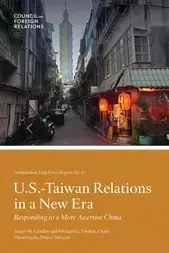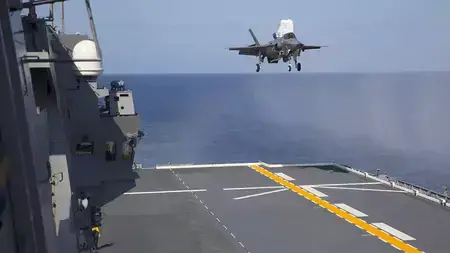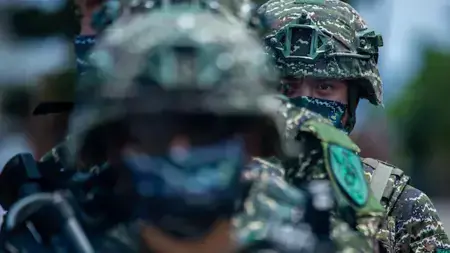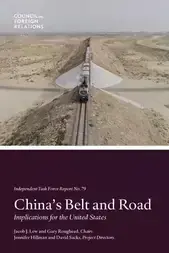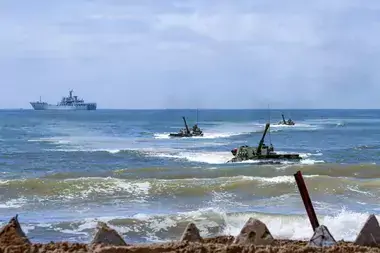David Sacks is a fellow for Asia studies at the Council on Foreign Relations (CFR), where his work focuses on U.S.-China relations, U.S.-Taiwan relations, Chinese foreign policy, cross-Strait relations, and the political thought of Hans Morgenthau. In 2023, Mr. Sacks served as the project director for CFR’s Independent Task Force on U.S.-Taiwan Relations, which was chaired by Admiral (ret.) Michael G. Mullen and Susan M. Gordon. He also co-directed CFR’s Independent Task Force on China’s Belt and Road Initiative, which was chaired by Jacob J. Lew and Admiral (ret.) Gary Roughead. He is a regular commentator on U.S.-Taiwan and cross-Strait relations. His writings have appeared in Foreign Affairs, The National Interest, Time, The Diplomat, The Hill, and the Georgetown Journal of International Affairs.
Prior to joining CFR, Mr. Sacks worked on political military affairs at the American Institute in Taiwan, which handles the full breadth of the United States’ relationship with Taiwan in the absence of diplomatic ties. Mr. Sacks was also a Princeton in Asia fellow in Hangzhou, China. He received his M.A. in International Relations and International Economics, with honors, from the Johns Hopkins School of Advanced International Studies (SAIS). At SAIS, he was the recipient of the A. Doak Barnett Award, given annually to the most distinguished China Studies graduate. Mr. Sacks received his B.A. in Political Science, Magna Cum Laude, from Carleton College.
 Online Store
Online Store

